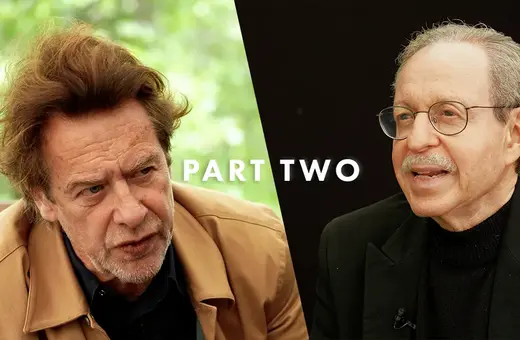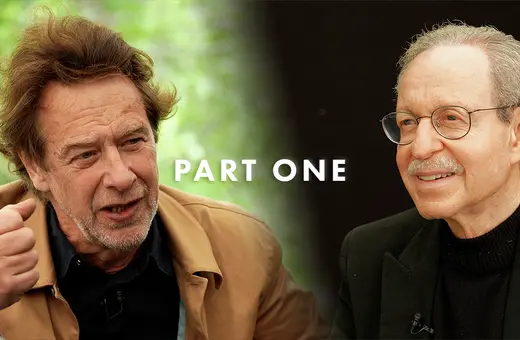Very few things are so important to our lives as food, but most of us don’t think much about it. Sure, we think about what to eat every day and, even more so, what not to eat, but we don’t really think about food. Where does it come from? Who produced it? Who picked these tomatoes or apples? How far has it travelled? Even less do we reflect on other more remote issues, but central to food, such as, hunger, population growth, migration, sustainable agriculture, human rights, animal rights, waste, GMOs, etc. It seems clear that we cannot continue to be ignorant of these issues. I suggest we should make them part of our lives and our food choices.
It is becoming clear that our food system involves massive problems that will take all our ingenuity and resolve to come to terms with, and which cannot be solved unless we change our own habits. Most researchers studying this agree that people in certain parts of the world (foremost North America and Europe) need to eat less and food production overall needs to increase in order to feed a growing world population. But, how do we increase food production without further destroying an already fragile world? At the moment there is no good answer which does not involve major changes to the way we produce food. Things will only improve if more of us start to seriously think about food, develop a better understanding of the food system, and change our behavior accordingly. We need a practical approach and it is as part of such an approach that I would like to introduce a philosophy of food.
What is a philosophy of food? Of course, this could mean different things to different people. The way I understand it is not as an ethics, but as a way of life. In this, I take my inspiration from the Ancient Greek philosopher Socrates. To understand what Socrates meant by philosophy one should look to Plato’s famous dialogue the Apology. Most philosophers know the story, but I will rehearse it here for the sake of clarity. Plato’s book is about the trial of Socrates. Socrates had been accused by the Athenian government of seducing the young and leading them astray. As part of his defense, he outlines what philosophy is, according to him, and its relation to practical life. It includes primarily four things: intellectual modesty, questioning habits, a devotion to truth, and a belief in reason.
___
"To be a philosophical foodie, as I like to call it, is to examine one’s own habits and decide to lead a life that upholds certain global values. Living this way would change not only one’s own life but the world as well."
___
The Oracle of Delphi had claimed that no one in Greece was wiser than Socrates. He himself denied this, but said that there was one thing, a kind of wisdom perhaps, that he had that most others did not, namely, an awareness of his own ignorance. The slogan that Plato uses to express Socrates’s intellectual modesty was that the only thing that he knew was that he did not know anything.
We are also supposed to question our habits, according to this philosophy. The goal of the Socratic dialogues, of this kind of interrogative investigation, is to achieve genuine self-knowledge. This is done by taking apart the things that one thinks one knows and expose illusions about reality as well as misconceptions about one’s own state of mind.





















Join the conversation